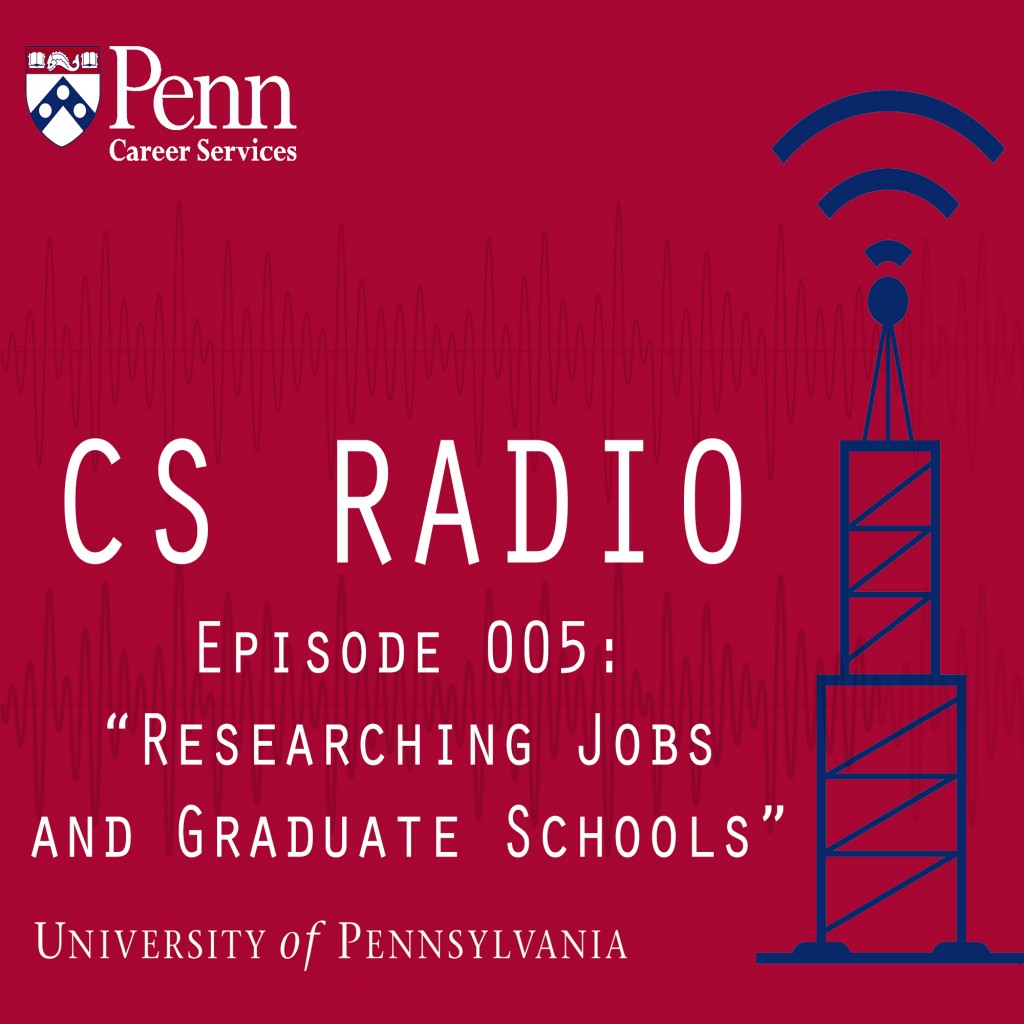Undergrads can learn about and apply for prestigious national research positions through the NSF-REU programs – info session on 11/5/13!
*NOTE: Event on Tuesday 11/5 related directly to this post!
The National Science Foundation’s Research Experience for Undergraduates (NSF-REU) Programs Panel, Tuesday, November 5, 2013, 5:30 – 6:30 PM, Raisler Lounge, 2nd Floor Towne Building, 220 S. 33rd Street, Philadelphia, PA
(Open to UPenn students, with faculty presenters from UPenn and Temple U., information from CHOP’s program, as well as Q&A with student panelists who have worked across the country in REUs)
Considering research this summer, in the future, or for your career?
A research-based experience is one of the primary ways in which undergraduate students – including freshmen – can gain experience and knowledge beyond the classroom, most especially in the early years of their education. While many opportunities exist throughout the year – on campus with faculty, in labs, as part of nearby facilities like HUP and CHOP, among many other places – a few special programs exist in the summer months to help students gain specialized research experience.
A prestigious option to consider is the National Science Foundation-sponsored “Research Experience for Undergraduates” programs – NSF-REUs for short.
NSF-REU experiences offer a multitude of benefits to participating students, including the opportunity to:
- work in small, diverse yet focused groups with noted faculty on novel topics
- complete guided and independent research in areas including:
- economics
- engineering (a variety of fields available including nanotech, clean energy, biomedical, chemical and others)
- ethics and values studies
- mathematics
- physics
- sciences (biology, chemistry, physics, and others)
- social sciences (psychology, criminology, diversity and inclusion, social aspects of hurricanes, anthropology, sustainability, politics and political science, civil conflict management,
- technology (cyberinfrastructure, Department of Defense, etc.)
- and more!
- be published in well-respected publications and return to school with impressive projects to add to your resume
- receive a highly competitive salary (referred to as stipends, typically ranging from $3,000 – $5,000) and often also receive additional funding to cover housing and/or meals
- participate in fun activities organized by the site host
- and more (benefits vary by location)
Sites can be found right here in Philadelphia, at UPenn, CHOP, and Temple U., as well as across the country and around the world (there are even polar research sites in the Arctic!)
Click on the below link to see a list of topics and find your site within. Most students apply to more than one program, and individual requirements and deadlines (which can vary) are included on each program’s page as the site updates it.
http://www.nsf.gov/crssprgm/reu/index.jsp
If you’d like to speak with a Penn student who has done an REU or any other type of research, be sure to use the Penn Internship Network to search, or attend the panel in 11/5/13!: http://www.vpul.upenn.edu/careerservices/undergrad/pin.html
Best of luck in your search for a research opportunity – it’s a surefire way to build a great resume and potentially launch a lifelong career!
by Jamie Grant, C’98, GEd ’99





